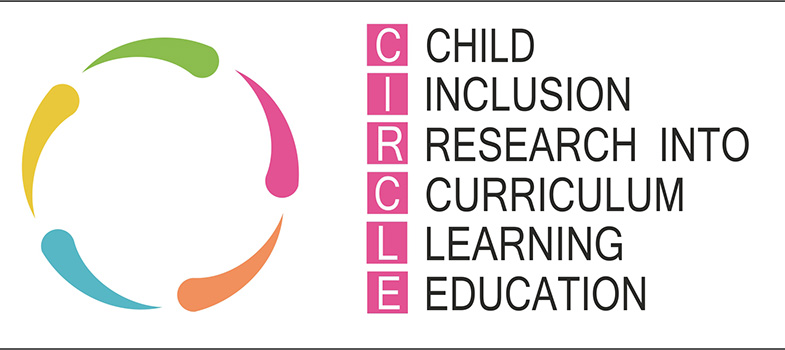6.2 Partnership with parents
Parents/carers are often looking for ways to be more actively involved with school to support their child’s education. It is known that when schools engage well with parents/carers, outcomes for learners both at school and at home are improved. Regular sharing of information can help support early identification of concerns and lead to the implementation of early intervention.
Not all parents/carers feel comfortable in this partnership role for a variety of reasons. For example:
- parents/carers may have low levels of literacy and/or not be used to having their views respected.
- parents/carers may have had previous negative experiences of engaging with schools and be reluctant to be involved.
- parents/carers may have difficulty prioritising time to attend meetings perhaps due to other caring responsibilities.
- parents/carers may have English as an additional language or come from a country that has different educational systems and expectations.
Working in partnership involves listening to, acknowledging and valuing the contributions that parents/carers make with regard to:
- sharing information about the learner’s abilities and needs, and how these impact on home life and education.
- setting and prioritising shared meaningful learning and wellbeing targets and goals.
- sharing and advising on the suitability of specific strategies to use, both in school and at home, which support the environment (physical and social), structures and routines, motivation and skills.
Reflective Task 6.2: Collaborative partnerships
What, in your experience, helps communication with parents?
Make some notes in your Reflective Log before looking at our suggestions.
Discussion
These strategies are primarily whole-school approaches which would be implemented by the Senior Leadership Team. Ensure that school policies are followed during all interaction with parents/carers.
- Be welcoming, affirming and respectful during all communication.
- Ensure the parents/carers know that they are crucial to their child’s progress and that the best outcomes are achieved through partnership working.
- Effective use of digital medium e.g. emails, twitter accounts, texts, school apps.
- For meetings, ensure parents/carers are aware that they can bring someone with them for support.
- Provide an agenda and a list of the names and roles of those who will be attending the meeting in advance.
- Consider arranging for parents/carers to be seated in the meeting room first, rather than walking into an unfamiliar room full of professionals.
- Consider parents/carers’ needs - ensure that they are aware of support that may be available for themselves e.g. adult literacy programmes, English for speakers of other languages courses, carer support, etc.
Communication postcards
Communication postcards are a simple, easy-to-use way of sharing information about specific strategies which can be used to support a two-way flow of information with parents. They are not intended to replace normal communication routes but to supplement them.
The CIRCLE Participation Framework has produced some Communication Postcards which may be useful in your setting. Postcard templates are available to download below.
Targeted support
